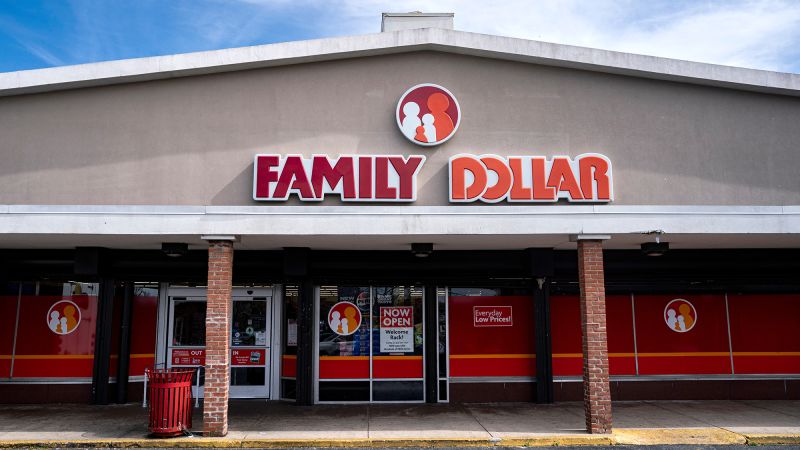Retail Breakup: Dollar Tree Cuts Ties with Family Dollar After Merger Misfire

In a strategic move that signals the end of a challenging retail experiment, Dollar Tree is bidding farewell to its Family Dollar brand. The company has agreed to sell the discount retailer for a mere $1 billion, a stark contrast to the hefty price tag of its original acquisition a decade ago.
What began as a promising expansion strategy has ultimately proven to be a costly misstep for Dollar Tree. The Family Dollar venture, which once seemed like a potential goldmine in the discount retail sector, has failed to deliver the anticipated returns. Now, the company is cutting its losses and divesting the struggling brand.
The $1 billion sale price is a fraction of what Dollar Tree originally paid, underscoring the significant challenges and financial setbacks the company has faced since purchasing Family Dollar. This decision reflects a broader trend of retail consolidation and the increasingly competitive landscape of discount shopping.
For Dollar Tree, this sale represents a strategic reset—an opportunity to refocus on its core brand and learn from a decade-long experiment that ultimately did not meet the company's expectations. The move suggests a more cautious and targeted approach to future expansion and investment.
